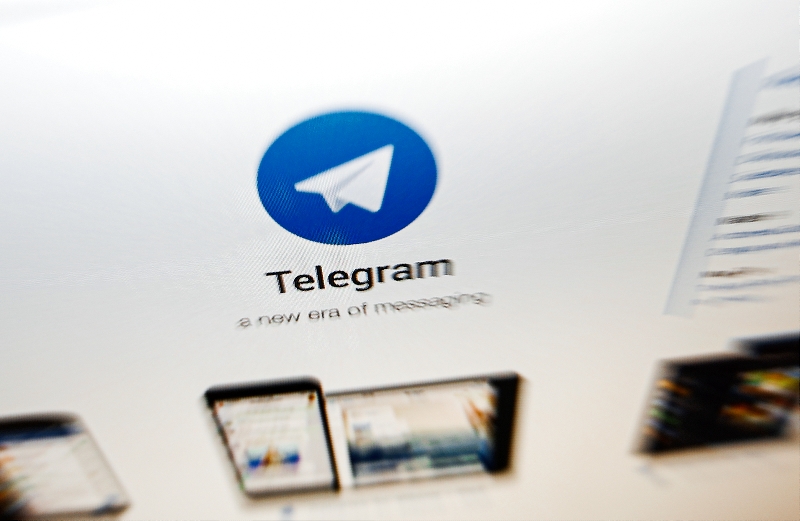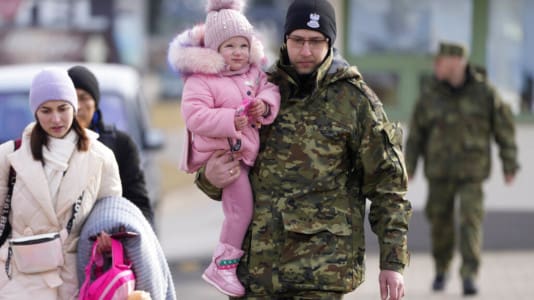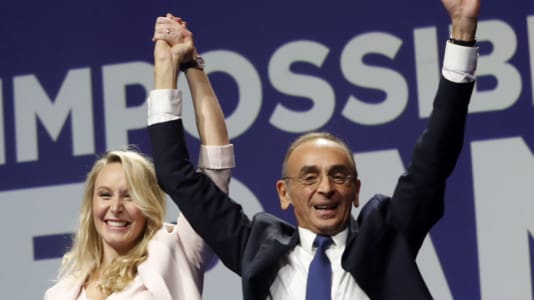Pavel Durov, the founder of the Russian Telegram, promises data protection for Ukrainian users. He recalled that in the past, he had refused to pass on encryption keys to the Russian secret service, with which it would be possible to look into the privacy of clients.
“I protected the private data of Ukrainians, and I lost my company and my house. I will do it again without hesitation,” wrote Durov.
He also posted a more complete message on his own Telegram channel.
“If you follow my posts, you know that on my Mom’s side, I trace my family line from Kyiv. Her maiden name is Ukrainian (Ivanenko), and to this day we have many relatives living in Ukraine. That’s why this tragic conflict is personal both to me and Telegram.
Some people wondered if Telegram is somehow less secure for Ukrainians, because I once lived in Russia. Let me tell these people how my career in Russia ended.
Nine years ago I was the CEO of VK, which was the largest social network in Russia and Ukraine. In 2013, the Russian security agency, FSB, demanded that I provide them the private data of the Ukrainian users of VK who were protesting against a pro-Russian President.
I refused to comply with these demands, because it would have meant a betrayal of our Ukrainian users. After that, I was fired from the company I founded and was forced to leave Russia.
I lost my company and my home, but would do it again – without hesitation. I smile with pride when I read my VK post from April 2014, which shows the scanned orders from the FSB and my trademark response to them – a dog in a hoodie.
When I defied their demands, the stakes were high for me personally. I was still living in Russia, and my team and my old company were also based in that country.
Many years have passed since then. Many things changed: I no longer live in Russia, no longer have any companies or employees there. But one thing remains the same – I stand for our users no matter what. Their right to privacy is sacred. Now – more than ever.”
Telegram remains one of the most uncensored mainstream apps in the world. With hundreds of millions of users, the app has been used by dissidents and protest movements across the world. However, countries like Germany are now seeking to ban the app since it has been used by opposition parties like Alternative for Germany (AfD) to share content otherwise tightly controlled by traditional social media like Facebook and Twitter. Telegram has also been used as an organizing platform for those opposed to Covid-19 restrictions and vaccine mandates.
[pp id=25221]
Recently, the liberal establishment has begun praising the app again, since it has been used by opposition activists in Russia and Belarus to organize protests and for Ukrainians to share information. However, it shows that Europe’s liberal establishment may quickly change their mind and threaten to ban the app again, depending on whom the app is benefitting or harming politically at the moment.
Telegram serves an alternative to the VK social network (VKontakte) in Russia, which works similarly to Facebook. However, VK is controlled by people close to Russian President Vladimir Putin. It is formally owned by a subsidiary of the Gazprom oil group. Russia attempted to ban Telegram in the past, but lifted the ban after it proved ineffective.
Telegram, on the other hand, remains out of the reach of Russian censorship, with the content not being moderated by Telegram’s employees.





